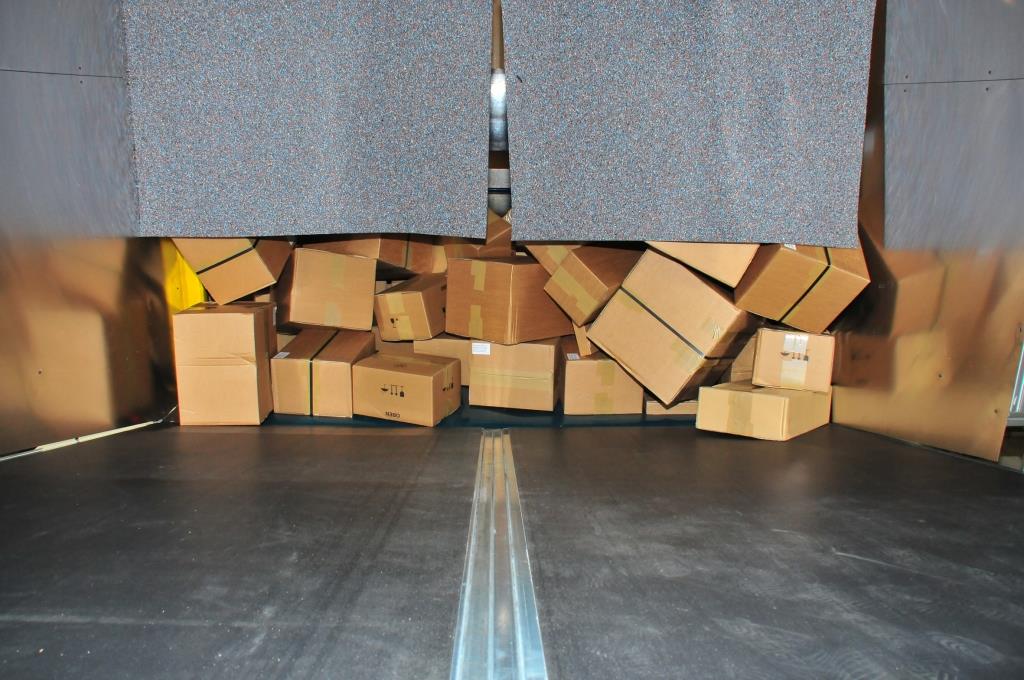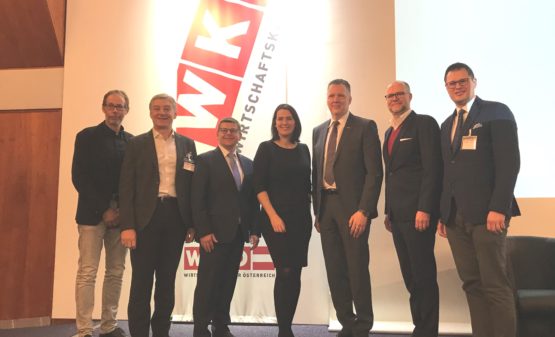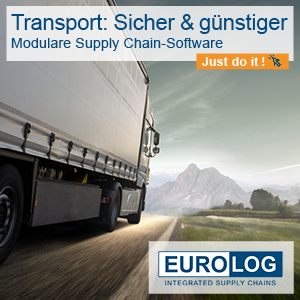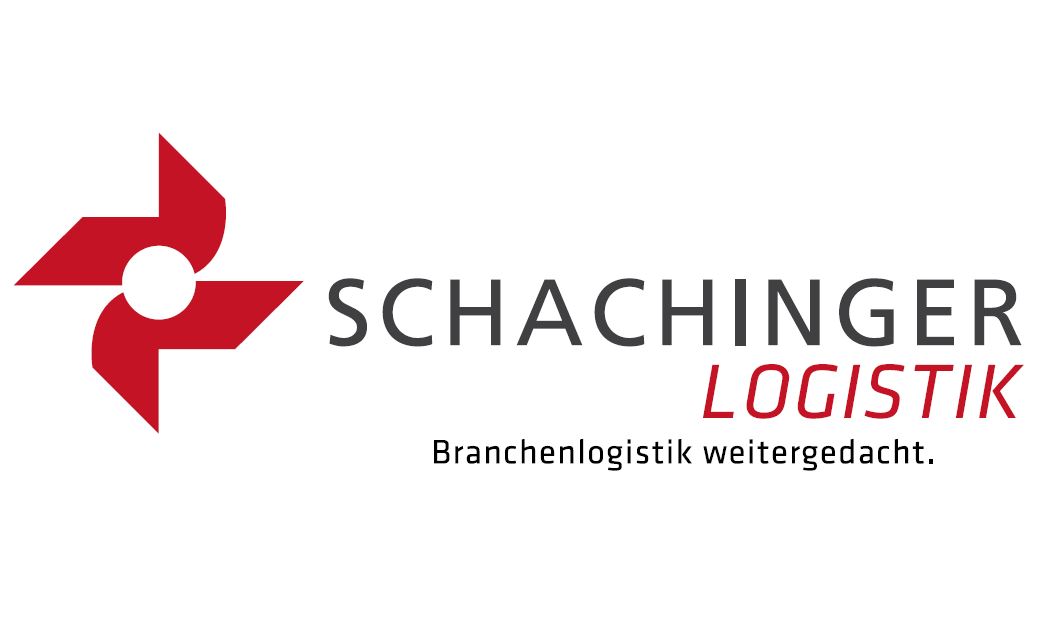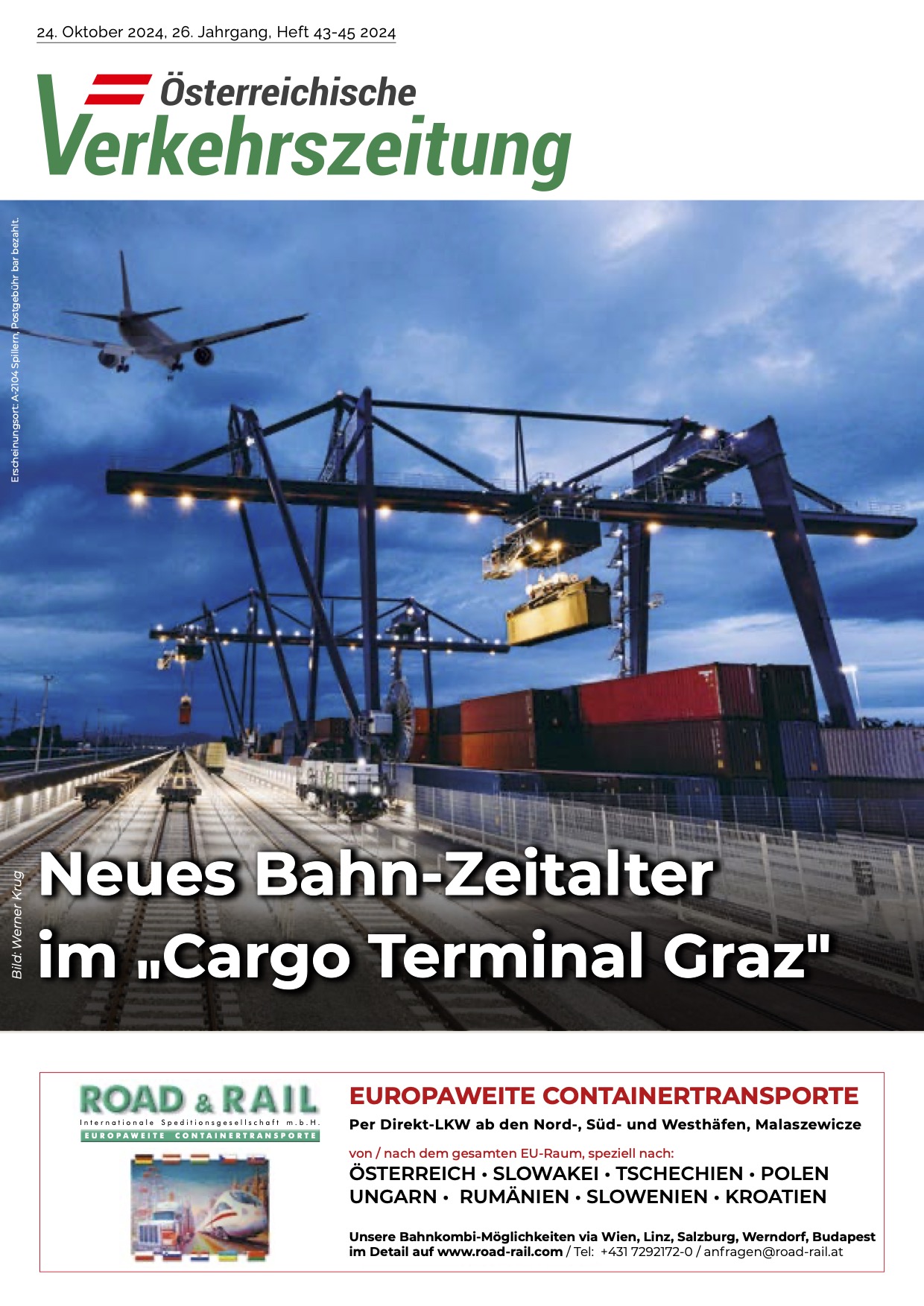An innovation of Austrian Post and the Graz University of Technology can significantly accelerate and simplify the unloading of trucks. Dr. Andreas Wolfschluckner and Dr. Matthias Fritz, two former lecturers at the Technical University of Graz, have developed a so-called “unloading rug”, allowing to unload a truck automatically within less than 30 minutes. For the logistics and forwarding industry, this is a major achievement: it more than halves the unloading time and relieves the employees physically.
Andreas Wolfschluckner and Matthias Fritz, specialising in the development and production of technical equipment for enterprises operating manufacturing and distribution/handling sites, developed their “unloading rug”, which is a globally unique rapid unloading system. It consists of an easy retrofit belt system for truck containers and a stationary module that can be hooked up quickly to the truck.
With the aid of this belt, the parcels are automatically pushed out of the container and then distributed over an area to any existing conveyor system. A curtain at the docking station avoids parcels that were transported on the top from falling and being damaged. Basically this is a simple ‘dock-and-go solution” – quick, economical and fully automated. Retrofitting is cost effective and possible for all types of trucks.
The unloading rug was developed together with the Post as an experienced provider for the logistics industry. Before the end of this year, production maturity shall be achieved and the first products are planned to be sold in 2018.
The idea of this product came to life in 2014. By mid-2015 the joint project consortium (Institute of Logistics Engineering at the Graz University of Technology, Austrian Post and TAGpilot GmbH) has launched the FFG-research project “EAGLE”. Based on promising research results PHS Logistiktechnik GmbH was founded in February 2017 in order to implement the launch of the unloading system. The two managing partners are Andreas Wolfschluckner and Matthias Fritz. The post is holding a 26 percent stake in the enterprise.


